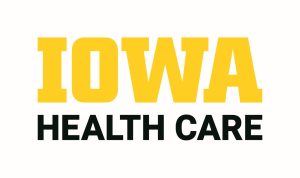Uptown Coffee Company to open second location at NewBo City Market
CBJ News Staff

University of Iowa Health Care cites inflation as one factor for its rate increase request.
At the Iowa Board of Regents meeting June 12, University of Iowa Health Care requested approval for a 6% increase in chargemaster rates for its clinical services, citing factors such as health care inflation.
“Each year, we go through and look at overall input analysis, look at supply cost inflation, labor cost inflation, at a bottom up level,” UI Health Care’s associate vice president for finance and chief financial officer,…

Get immediate, unlimited access to all subscriber content and much more.
Learn more in our subscriber FAQ.
Do you want to read and share this article without a paywall?
